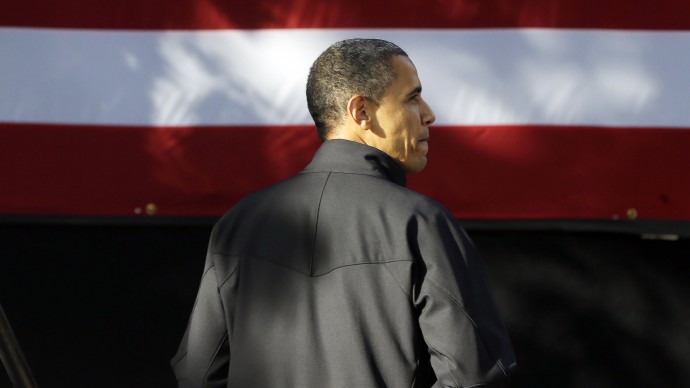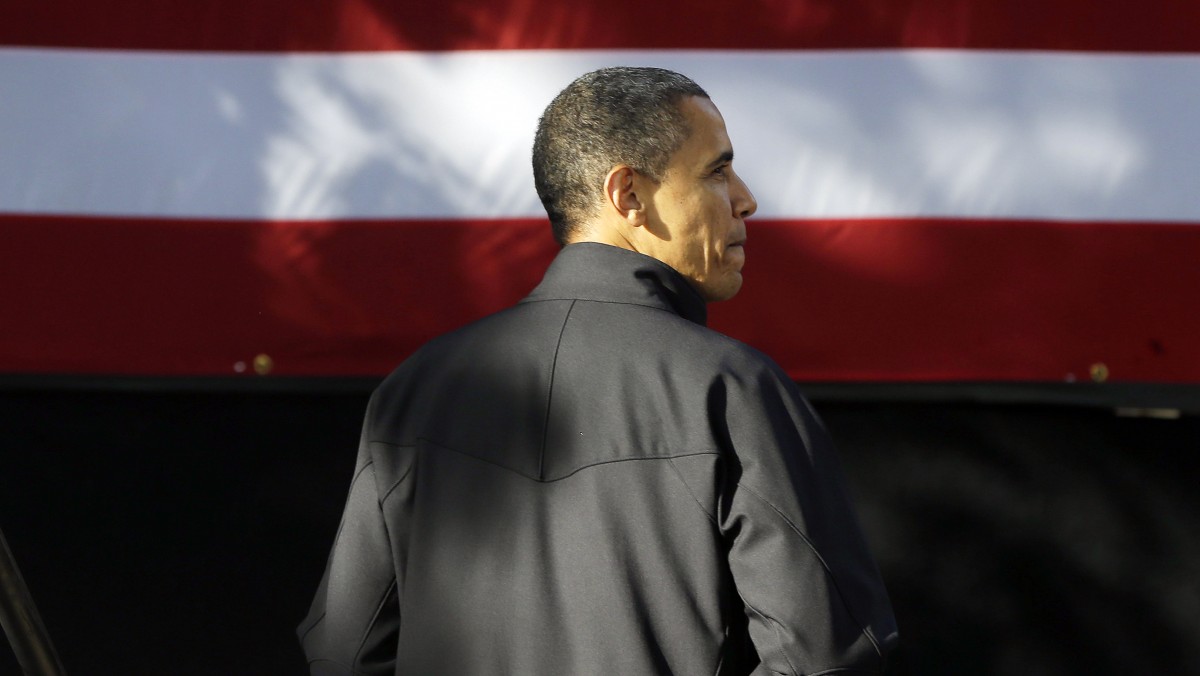
(MintPress) — When President Barack Obama came away victorious from the 2008 presidential elections over John McCain, he did so with decided support among young voters — to the tune of 66 percent in the 18-29 demographic. Because of his strong showing among that population, Obama’s social networking efforts were assailed as innovative and a major contributor toward courting such a decisive majority. After all, 83 percent of Internet users today between the ages of 18-29 are Facebook users, according to the Pew Research Center. So it comes as no surprise that the popularity of social networking will likely drive a solid portion of votes, but the social networking landscape has evolved beyond Facebook and Twitter.
Recently, libertarian presidential candidate Gary Johnson took to Reddit — a social news website where users can link to and generate content — for an “Ask me anything” (AMA) forum where users could submit questions and interact with the candidate. It’s a social networking approach not done in 2008 and a potential beneficial outlet for the site’s median user — a 25-34 year old college educated individual. Obama has also embraced the AMA format of the site, hosting a session that generated so many questions and comments that the site itself crashed.
But the campaign of Republican presidential nominee Mitt Romney hasn’t taken up furthering its social media stance, ignoring sites like Reddit thus far and struggling to attract a sizable following on social networking websites. But it’s not for a lack of effort: Romney’s campaign is on nearly every conceivable social site available on the Web and even created a mobile phone application that first notified subscribers who his vice presidential running mate would be. But Romney is also battling for social networking prowess from a demographic that overwhelmingly supports Obama, which, in turn, could affect his following.
Tangible benefits?
At the end of the day, however, does social media really provide an indicator of how a presidential election could turn out? It’s been said since 2008 that Obama’s victory was in large part due to his innovative social networking prowess, but some say Obama simply appealed more to the demographic that uses the Internet most. Marc Andreessen, a founder of Netscape and a board member of Facebook, told the New York Times that Obama never invented social media tactics, he just simply capitalized on them in a way not yet seen.
“I think it is very significant that he was the first post-boomer candidate for president,” Andreessen said. “Other politicians I have met with are always impressed by the Web and surprised by what it could do, but their interest sort of ended in how much money you could raise. He was the first politician I dealt with who understood that the technology was a given and that it could be used in new ways.”
While there is no way to quantify the impact of a Facebook “Like” and a tangible vote on Election Day, message output is a leading indicator of voter involvement and a candidate’s reach. In figures compiled over a two-week span during the summer, Obama showed a significant margin over Romney in social media involvement and reaction. During the span, Obama made 27 posts to Facebook, a few behind Romney’s 34 posts. But Obama’s fan base generated far greater reaction, compiling 1,124,175 “Likes,” compared to Romney’s 633,597. Obama also generated 150,106 “retweets,” while Romney had 8,601 of his campaign tweets reposted.
According to the European Business Review, Obama outpaced rival John McCain by nearly the same amounts in 2008. During that election cycle, Obama outperformed McCain by nearly four times on social media: He generated twice the amount of Web traffic as McCain, had five times the number of Facebook fans and employed ten times as many online staffers than the McCain campaign. Scott Goodstein worked as an external online director for Obama in 2007 and said it only made sense for the campaign to go where a bulk of the people already were.
“These social networks are shopping malls that have millions of people already hanging out in them,” Goldstein said. “So the question becomes, how to find the people that are going to be your advocates and have them talk about your message?”
Goldstein acknowledges that both the message and messenger were right for 2008, and that’s where the social media buzz came about. Without a candidate who could not communicate or a message that did not resonate with his targeted voter base, voters would not have shown the kind of enthusiasm it took for Obama to win.
“(His election success) wouldn’t have happened if we didn’t have the right message and the right messenger,” Goodstein acknowledged. “Barack Obama’s message resonated clearly, so people were excited, they were talking about us on Facebook, they were talking about us on MySpace, they were texting their friends about us.”
Success in 2012
For candidates to capitalize on the continued evolution of social media, they’ll have to adapt to the market trends, which have already been seen by Johnson and Obama with their use of Reddit. But Romney has avoided the site, a move that Center for American Progress representative Josh Dorner said speaks to the GOP’s lack of perspective with the lives of American voters.
“We are moving in a warp speed environment, and none of the Republican candidates understand the media environment in which they’re operating,” Dorner said. “It puts them at a huge disadvantage to the president.”
While Johnson and Obama seem to have adjusted to the curve, campaign workers for Romney say the candidate is sticking with tried and true social networking, despite the lopsided results of effectiveness tests. Sean Fitzpatrick, Michigan communications director for the Romney campaign, detailed the efforts of the Republican nominee.
“Social media is a critical piece of our campaign,” Fitzpatrick said. “Our campaign utilizes Facebook, Twitter, YouTube, Pinterest, Tout, Flickr, EventBrite, Spotify, Storify, Tumblr, as well as our own social media site, called MyMitt.”
But as Romney’s campaign adapts to social media in his first serious run at the White House, the Obama campaign is taking a page out of classic politicking, pushing for more face-to-face, ground politics. The retail politics strategy was largely responsible for former Republican presidential candidate Rick Santorum’s victory in Iowa during early straw polls.
Matt McGrath, a Michigan press secretary for the Obama/Joe Biden campaign, said the efforts will be more balanced this election year to capitalize on in-person interactions.
“This time around we’re not only using existing social media channels to reach out to voters but we’re also integrating more closely with our field department to create online tools that can make our organizing more effective on the ground,” McGrath said. “There are more dedicated digital staffers on the ground in our battleground states that localize the digital program.”


